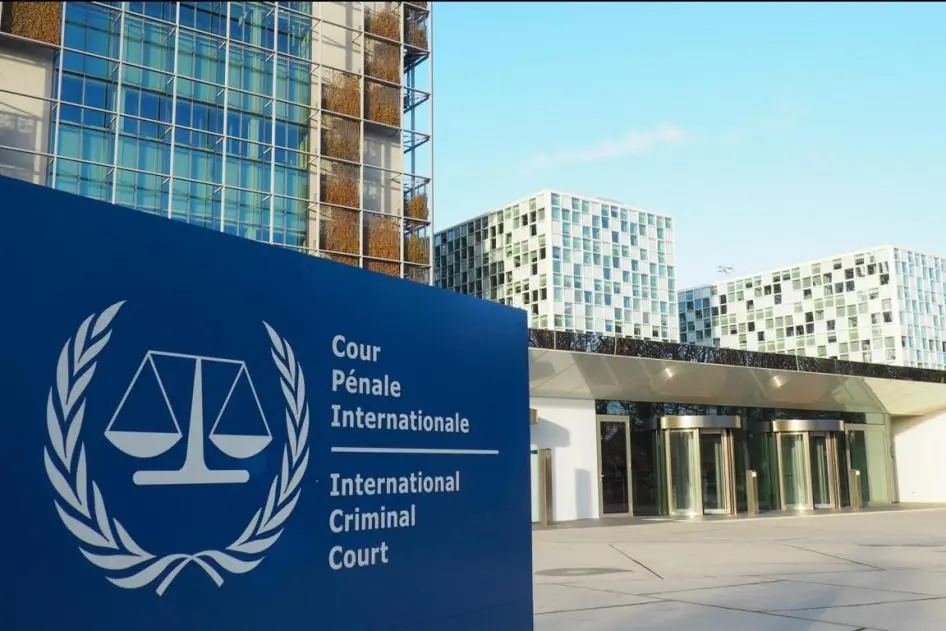
With reporting from Riham Sheble and Reem Alamri
Qatar passed its controversial cybercrime law last month to comply with an agreement among Gulf states to criminalize online insults of the region’s royal families, this country’s former justice minister has said.
Despite its specific intended purpose, Najeeb al-Nuaimi – now a criminal lawyer – told Doha News that he feels the new law is “dangerous” and leaves residents at the mercy of a prosecutor’s interpretations of loosely defined provisions in the legislation.
Last month, Qatar’s Emir approved new penalties for online offenses such as hacking into government networks and possessing child pornography, among other crimes.

However, the cybercrime law also outlaws the spreading of “false news” as well as digital material that violates the country’s “social values” or “general order.”
Along with producing such content, it’s also now illegal to incite, aid and facilitate the publication of offensive material. It’s unclear how those terms will be applied to social media content, which is commonly retweeted and shared.
Amnesty International called the broadly worded law “a major setback for freedom of expression in Qatar,” while other critics have suggested the new law could violate provisions of the country’s constitution that protect civil liberties.
The aim of the law has, up until now, largely been a mystery, with residents questioning whether casual online comments about life in Qatar could now be considered a criminal offense.
However, al-Nuaimi said that the envisioned application of the law is likely narrower in scope:
“A year or two ago, a GCC security agreement was signed. This agreement stipulates that all GCC states need to regulate online expression and to criminalize certain expression on social media as well as private blogs … The security agreement clearly states that anyone who writes or spreads online insults of rulers, heirs to the thrones or their families in any of the GCC states should be punished by law.”
Al-Nuaimi said he learned of the contents of the security pact from members of Kuwait’s parliament, who reviewed and approved a comparable cybercrime law in that country.
He said Qatar is the last GCC country to implement the regional agreement and pass its cybercrime law, which the former minister called similar to the one in place in the UAE.
That country has imprisoned activists who published details on Twitter about a trial and criticizing some of the proceedings under a law prohibiting the spread of “any incorrect, inaccurate, or misleading information which may damage the interests of the state or injures its reputation, prestige, or stature.”
International content
While the cybercrime law was crafted with protecting the reputation of the Gulf’s ruling families, al-Nuaimi said the intention behind it is of little comfort to ordinary internet users:
“The law as it is now is very dangerous to freedom of expression, which is a basic right that needs protection. I have fears and concerns as to how this law will be applied and the restrictive effect it will have on online expression.”
Al-Nuaimi said the vagueness about what constitutes “false news” or a violation of Qatar’s social values is problematic.
Adding to his fears is the prospect of a Qatar resident being prosecuted for viewing content produced in another country. He said:
“Say a friend of mine in another GCC state sent me pictures or videos of a private occasion or a family gathering – a wedding, for instance. Naturally, there will be people celebrating, women dancing, perhaps with (their) headscarves taken off. If this material goes online, this friend will punished under the law and so will I because the prosecutor can consider this a violation of social values.”
Community reaction
While international advocacy organizations have largely condemned the new law, some local residents said they support its provisions – providing they are applied appropriately.
Mariam Gammaz, an administrative coordinator at Qatar University, called the new law “excellent” and “long overdue.”
“The things we find online that are offensive to both the country and individuals require this law for protection,” she told Doha News. “As a mother, I am happy and I feel much safer knowing this law exists. I won’t be worried about my children using the internet.”
However, Gammaz added she is concerned that a resident could unwillingly break the law by, for example, sharing a website or article without knowing its full contents.
Dana, a student at Qatar University who is studying English, also said she believes that parts of the law are worthwhile:
“There’s a difference between criticism and slander. The (former) never harms anyone, and is appreciated and respected. (However), the latter is not and will never be considered ‘free speech’ because its sole purpose is to attack, which is not acceptable … (Additionally), anyone who publishes anything that touches our national security, (without) a doubt, they should be prosecuted.”
Thoughts?







